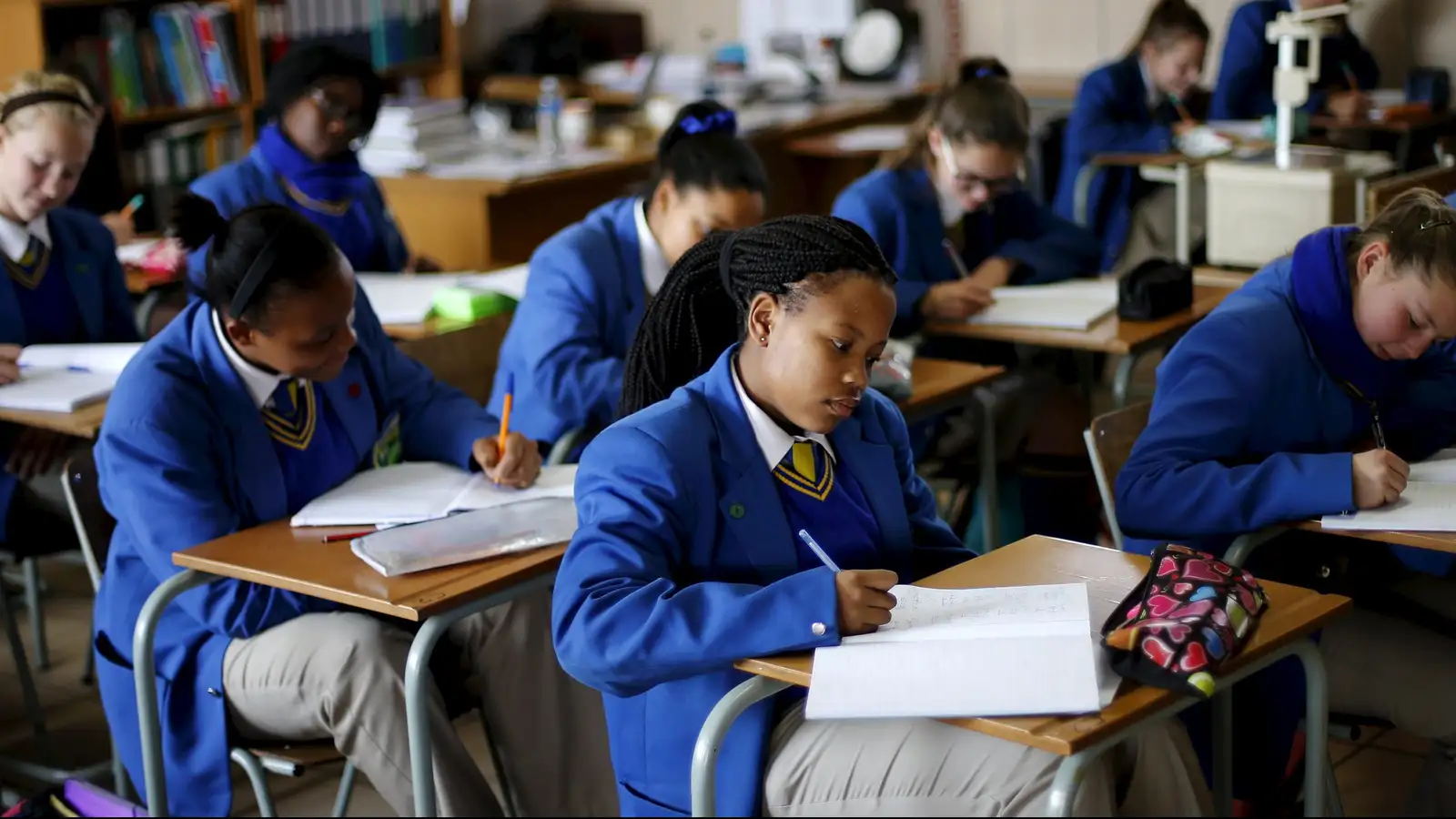As Schools resume in the New Year, there is concern over the quality of private schools in the country, with proprietors compromising standards for cheap labour.
LEADERSHIP reports that private schools continue to expand rapidly in response to growing demand for alternatives to public education. Still, there is massive concern about the quality of teachers, with proprietors unable to pay the actual national minimum wage despite high school fees.
It is gathered that private schools in Nigeria are experiencing a remarkable surge in numbers, particularly in urban areas.
Our findings suggest that families seeking alternatives to public education and increasing dissatisfaction with overcrowded classrooms, underfunded public institutions, and ageing infrastructures have contributed to this trend.
However, as private schools continue to flourish, concerns are mounting regarding the quality of teaching staff at these institutions.
With many private schools expanding rapidly to meet the rising demand, questions have emerged about whether they are prioritising teacher qualifications and professional development or simply capitalising on the sector’s growth.
Stakeholders who spoke to LEADERSHIP expressed concern that some private schools are sacrificing teacher qualifications, hiring untrained or underqualified staff, and offering lower salaries to cut costs.
These concerns have sparked a broader debate about the balance between accessibility, affordability, and the quality of education provided to students.
In Nigeria, over 80% of secondary schools are privately owned, with the remaining 20% representing public schools.
According to data from the National Senior Secondary Education Commission (NSSEC), there are about 50,000 secondary schools in Nigeria, and the private sector controls more than 80% of them.
It is also gathered that one of the driving forces behind this surge in private school enrollment is the perceived higher quality of education that private schools offer. Many parents believe private institutions provide a more individualised approach to teaching, with smaller class sizes and a curriculum more aligned with international standards.
Additionally, private schools often have better resources, such as modern classrooms, computer labs, and sports facilities, which make them attractive to families who can afford the fees.
However, as the demand for private education rises, some schools have expanded rapidly without sufficient attention to the quality of their teaching staff. Our correspondent gathered that the hiring process for teachers may not be as rigorous as it should be in many private schools, particularly those that are smaller or more affordable in Abuja.
It has been reported that some private schools hire individuals without proper teaching qualifications or they offer low salaries that fail to attract qualified teachers.
In Abuja, a survey conducted by LEADERSHIP found that while a few standard international schools offer competitive salaries and employ qualified staff, most private schools in the capital city are much less selective when hiring teachers.
Many of these schools are in the city’s suburbs and cater to average-income families. In these schools, teachers may earn as little as 30,000 to 50,000 Naira per month, which is well below the minimum wage for many other professions.
In contrast, more established private schools in the city, often with higher tuition fees, pay their teachers between 100,000 to 300,000 Naira per month and have higher standards for teacher qualifications, as our correspondent gathered from the teachers in FCT schools.
Interestingly, some of the teachers in less prestigious private schools may not even have a background in education. In interviews conducted in schools in areas like Lugbe, many teachers revealed that they had degrees in fields unrelated to education but entered the profession due to financial necessity.
“I’m a graduate of Mathematics. Since completing my national service in 2016, I came to Abuja for better opportunities. However, I quickly realised that teaching was the quickest job available for a graduate,” said Moses Akpa, a private school teacher.
Parents are also questioning whether the quality of education justifies the higher costs associated with private schooling their children receive.
Isaac Moji, a parent whose children attend a private school in Nyanya, explains that despite the concerns about teacher quality, he prefers private schools due to their smaller class sizes and better facilities.
Commenting on the issue, Dr Iyela Ajayi, the Executive Secretary of the National Senior Secondary Education Commission (NSSEC), acknowledged that private schools play a vital role in the education system but warned that the low salaries offered to many private school teachers are preventing qualified individuals from entering the profession.
“The truth is that we cannot do without the private schools. Today, we have about 50,000 secondary schools in this country, and the private sector controls at least 80% of them,” he said.
He emphasised the need for government oversight to ensure private schools adhere to minimum teacher qualifications, facilities, and curricula standards. Ajayi also expressed concern about the prevalence of exam malpractice in some private schools, where schools may focus on teaching the test rather than providing a well-rounded education.
